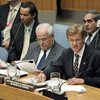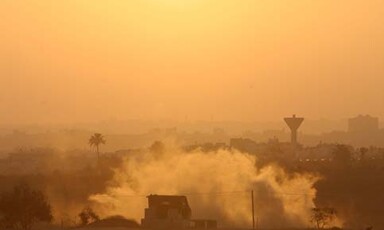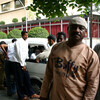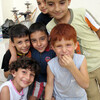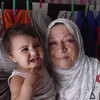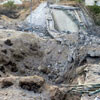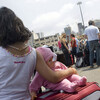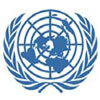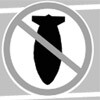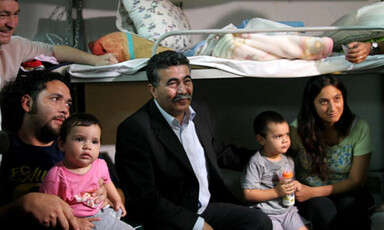
Another Act in the Mizrahi-Palestinian Tragedy
24 July 2006
Although little known outside Israel, Mizrahim — the descendants of Palestine’s indigenous Jewish community as well as Jews brought to Israel from the Arab World and non-European countries— form the majority population among Israeli Jews. Long discriminated against by Israel’s European Jewish Ashkenazi elite, Mizrahim have paid a high price for European Zionism’s war against the Palestinians. In this contribution to EI, two important Mizrahi voices, Reuven Abarjel, a founder of the Israeli Black Panther movement representing Mizrahim, and Smadar Lavie, call on Mizrahim to stand against their co-optation into Zionist militarism. Read more about Another Act in the Mizrahi-Palestinian Tragedy
